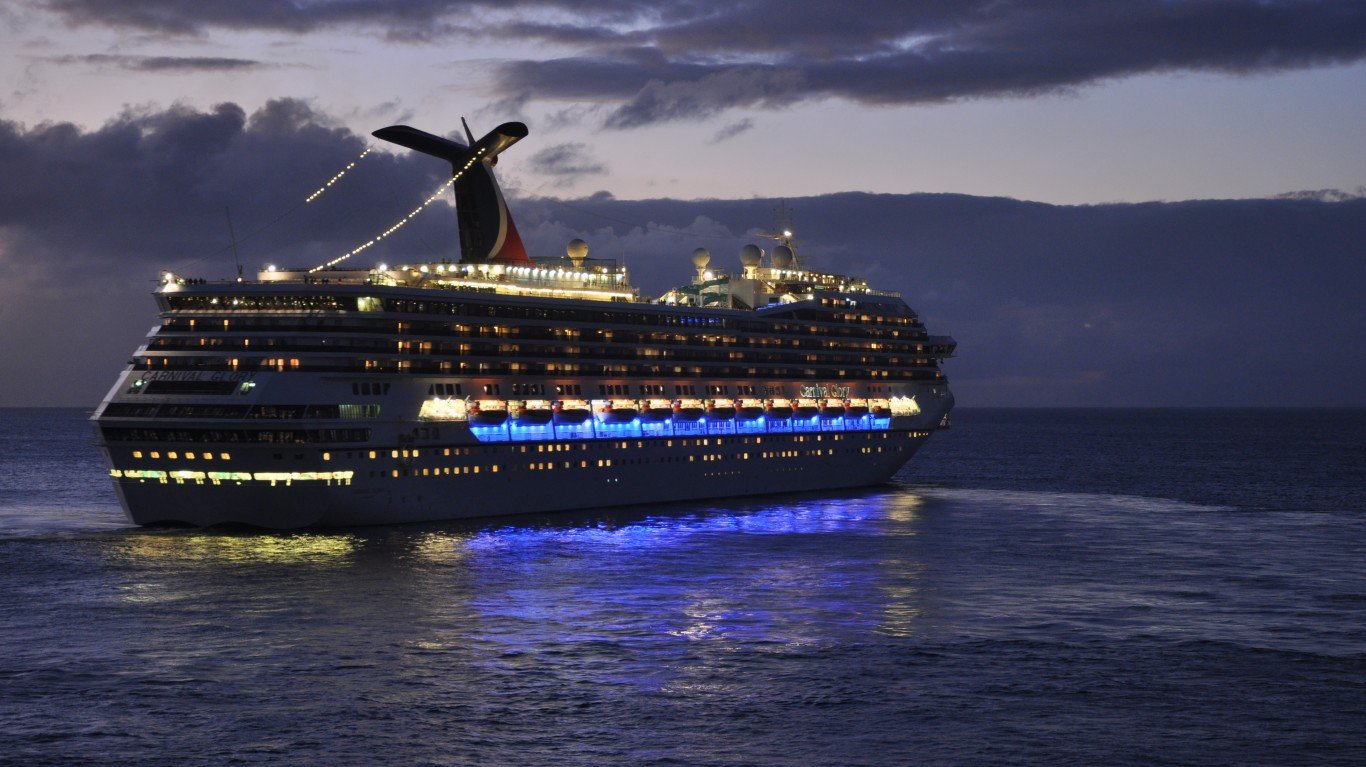

Being a short seller always has been a risky proposition, and the basic reason why is that the seller has unlimited loss potential. For investors who buy and are long stocks, or any other financial instrument, the worst-case scenario is that that position can go to zero from the purchase point. For the short seller, there is no downside limit for losses like that.
After a gigantic run off the March lows that has seen the Nasdaq post new all-time highs, and the S&P 500 very close to one, now is the time many hedge funds are probably pressing their short positions. With the seasonally weak time for the market around the corner and a host of reasons that could bring a sizable market pullback at any time, aggressive investors may want to consider small short-sale bets.
BTIG has posted a list of the most shorted S&P 500 stocks as measured by the percentage of the float that is sold short. The float represents the shares that are traded and in the open market, not the actual total share count.
American Airlines
This company has its major hub in Dallas where business continues to boom, though overseas routes are dramatically lower. American Airlines Group Inc. (NASDAQ: AAL) is the holding company for American Airlines.
Together with wholly owned and third-party regional carriers operating as American Eagle and US Airways Express, the airlines operate an average of nearly 6,700 flights per day to 350 destinations in over 50 countries from its hubs in Charlotte, Chicago, Dallas/Fort Worth, Los Angeles, Miami, New York, Philadelphia, Phoenix and Washington, D.C.
A stunning 29.5% of the shares in the float are sold short, and it’s easy to understand why. Air travel has plummeted during the pandemic, and American Airlines relies on a large amount of foreign travel, much of which is restricted.
The Wall Street consensus price target for American Airlines stock is $11.56, but Wednesday’s closing price was $13.54. The shares traded about $30 as recently as February.
Carnival
This should come as no surprise as the industry has ground to a halt with the COVID-19 pandemic. Carnival Corp. (NYSE: CCL) operates as a leisure travel and cruise company in North America, Europe, Australia and Asia. It offers cruises under the Carnival Cruise Line, Princess Cruises, Holland America Line and Seabourn brands in North America, as well as the Costa, AIDA, P&O Cruises (UK), Cunard and P&O Cruises (Australia) brands in Europe, Australia and Asia.
The company operates 99 cruise ships. It also owns Holland America Princess Alaska Tours, a tour company in Alaska and the Canadian Yukon, which owns and operates 11 hotels or lodges, approximately 300 motor coaches and 20 glass-domed rail cars. In addition, the company is involved in the leasing of cruise ships. It sells its cruises primarily through travel agents and tour operators.
The Centers for Disease Control and Prevention recently extended the no-sail order through September 30, and by then the summer vacation season will be over. Carnival only has enough cash to make it to mid-2021. Some 20.3% of the float is short, and that could rise if there is another upswing in COVID-19 cases and deaths.
The $15.13 consensus is near the most recent close of $15.19, after shares retreated almost 4% on Wednesday. Carnival stock traded at $50 in January.
Thank you for reading! Have some feedback for us?
Contact the 24/7 Wall St. editorial team.
 24/7 Wall St.
24/7 Wall St.


